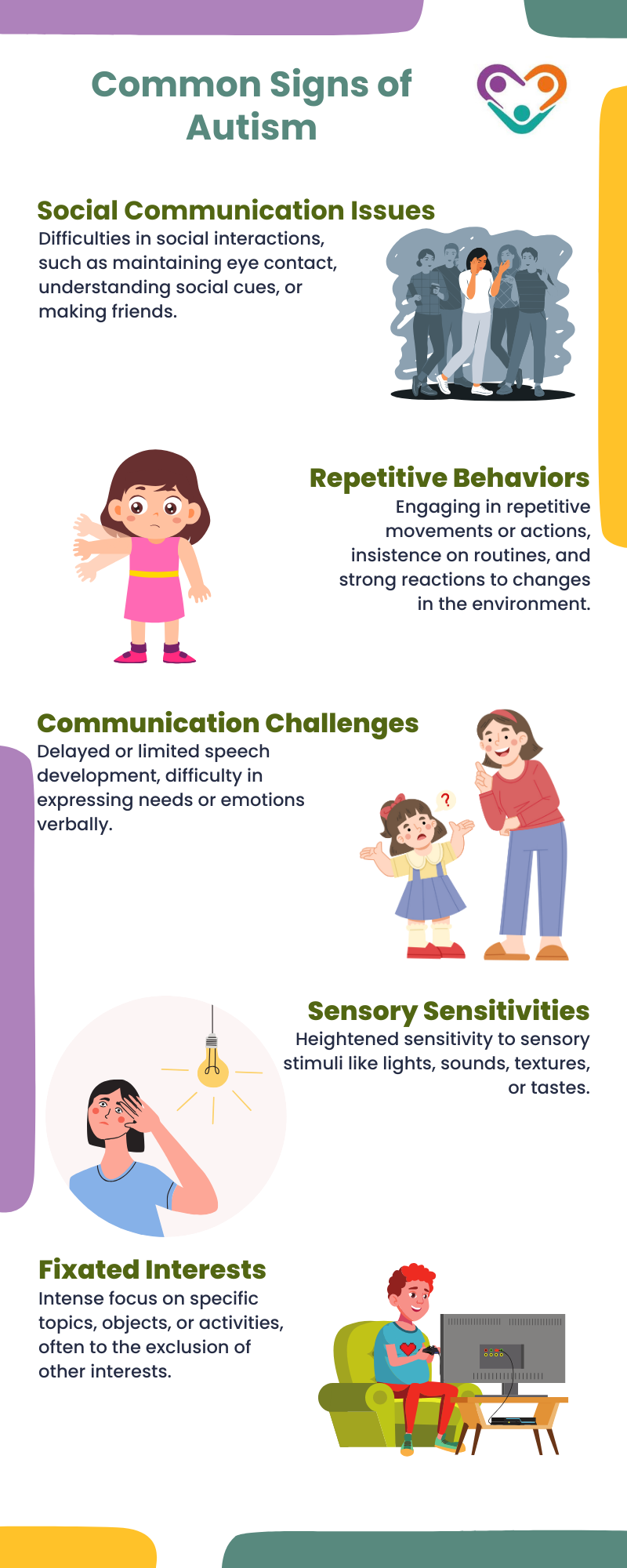For many, the connection between hyperthyroidism and autism might seem unclear, but emerging research suggests there could be an important link between the two. Both conditions affect the body and mind in unique ways, often creating challenges that are hard to understand.
However, exploring this connection could offer valuable insights into how they influence each other, and how one might impact the other in terms of symptoms, diagnosis, and treatment.
Understanding how hyperthyroidism may interact with autism can help improve care, support, and quality of life for those affected by both.
The Link Between Hyperthyroidism and Autism
Exploring the association between hyperthyroidism and autism uncovers intriguing insights that can impact individuals affected by these conditions.
Recent studies have shed light on a possible link between hyperthyroidism and autism, suggesting a correlation that warrants further investigation. Research has indicated a higher prevalence of thyroid disorders, including hyperthyroidism, among individuals with autism spectrum disorder (ASD) and AuDHD compared to the general population.
Understanding the implications of this relationship is crucial for the comprehensive management and treatment of individuals with both conditions.
The exact mechanisms underlying the association between hyperthyroidism and autism remain a subject of ongoing research and debate. While the precise interplay between these two conditions is not yet fully understood, several hypotheses have emerged to explain their connection.
One proposed mechanism is the impact of thyroid hormones on brain development and function. Thyroid hormones play a critical role in regulating neuronal growth, synapse formation, and neurotransmitter function, all of which are essential for proper brain development.
Disruptions in thyroid function, such as those seen in hyperthyroidism, may potentially influence neurodevelopment processes and contribute to the manifestation of autism symptoms.
Another hypothesis suggests that immune system dysregulation and inflammation associated with hyperthyroidism could affect neurodevelopment and increase the risk of neurodevelopmental disorders, including autism.
Recognizing Symptoms
Hyperthyroidism manifests through a variety of symptoms that stem from an overactive thyroid gland. These visible signs may include:
- Rapid weight loss despite normal or increased appetite.
- Palpitations, irregular heartbeat, or an elevated pulse rate.
- Trembling hands and fingers, often noticeable at rest.
- Intolerance to heat, excessive sweating, and discomfort in warm environments.
- Persistent tiredness and weakness, even with sufficient rest.
- Diarrhea, frequent bowel movements, or changes in bowel patterns.
Recognizing these symptoms is crucial for prompt diagnosis and appropriate management of hyperthyroidism in individuals, especially those with autism.
Meanwhile, autism is characterized by a range of behavioral and developmental challenges that may vary in severity among individuals. Some common signs of autism include:

Recognizing and understanding these signs of autism is pivotal for early intervention and support tailored to the individual’s needs. By being aware of the distinct symptoms of both hyperthyroidism and autism, caregivers and healthcare providers can work together to provide comprehensive care for individuals with these dual conditions.
Diagnosing Hyperthyroidism in Individuals with Autism
Diagnosing hyperthyroidism in individuals with autism can be challenging due to overlapping symptoms and communication barriers. It requires a comprehensive evaluation by healthcare professionals, including endocrinologists and specialists familiar with autism spectrum disorders.
Some common methods used for diagnosing hyperthyroidism in autistic individuals include blood tests, ultrasound imaging, radioactive iodine uptake tests, and thyroid scans.
Early detection of hyperthyroidism in individuals with autism is essential to prevent complications and facilitate timely intervention. Regular monitoring of thyroid function can help in managing both conditions effectively.
Once hyperthyroidism and autism coexist, treatment approaches need to address the specific needs of the individual while considering the interaction between the two conditions. Treatment may involve a multidisciplinary approach, with collaboration between endocrinologists, pediatricians, and autism specialists.
Some common treatment strategies for co-occurring hyperthyroidism and autism include:
- Medication
- Radioactive iodine therapy
- Surgery
- Behavioral interventions
Healthcare providers must tailor treatment plans to the individual’s needs, taking into account the complexity of managing both hyperthyroidism and autism simultaneously. Regular follow-ups and communication between healthcare professionals and caregivers are essential for monitoring progress and adjusting treatment as needed.
Support and Management Strategies
To address the co-occurrence of hyperthyroidism and autism, employing multidisciplinary approaches is essential in ensuring comprehensive care and support for individuals. By integrating various specialties and disciplines, a holistic treatment plan can be developed to address the unique needs of individuals affected by both conditions.
Multidisciplinary approaches involve collaboration among different healthcare professionals, such as endocrinologists, pediatricians, psychiatrists, psychologists, and special education teachers.
This collaborative effort allows for a thorough evaluation of the individual’s medical, developmental, and behavioral needs, leading to a tailored treatment strategy that addresses both hyperthyroidism and autism concurrently.
In addition to medical interventions, support groups and resources play a crucial role in assisting families and caregivers in navigating the challenges associated with hyperthyroidism and autism. Connecting with other families facing similar circumstances can provide emotional support, practical guidance, and a sense of community.
Support groups offer a platform for sharing experiences, accessing information, and learning from others who have firsthand experience with managing hyperthyroidism and autism.
These groups can serve as valuable sources of encouragement, empathy, and empowerment for individuals and families dealing with the complexities of co-occurring conditions.
Furthermore, access to resources such as educational materials, online forums, and local community services can empower families to make informed decisions, advocate for their loved ones, and access the support they need to effectively manage hyperthyroidism and autism.

The Bottom Line
Exploring the connection between hyperthyroidism and autism sheds light on how complex our bodies and minds truly are. By understanding potential links, we open doors to better care, tailored therapies, and more informed medical decisions. Every discovery adds to the hope of improving quality of life, making it essential to continue research and awareness in this field.
Together, through curiosity and compassion, we can support the well-being of individuals on the autism spectrum and those managing thyroid conditions. At Golden Care Therapy, we provide top-quality ABA therapy in Florida, New Jersey, Indiana, New York, and Georgia, tailored to meet the unique needs of every individual.
Our experienced team is committed to creating a supportive and empowering environment where growth and learning thrive. Contact us today to learn how we can help you or your loved one achieve their goals.
Sources:



